Rammanohar Lohia was born on 23 March 1910 in an ordinary middle class family. His father, Hiralal, was a freedom fighter and Congress leader, Lohia received his high school education at Marwari School in Bombay and higher education at Kashi Vishvavidhyalaya (Banaras Hindu University) and Calcutta University. He was a student activist while he studied for his degree of Doctor of Philosophy at Berlin University. Lohia was one of the founders of the socialist movement in India, and helped formation of the Congress Socialist Party in 1934. He was a brilliant and original thinker as well as a man of action. Upon his return from abroad, Lohia edited The Congress Socialist, an English weekly, published from Calcutta. When Lohia was nine or ten years old, his father took him to Gandhiji. He touched the feet of Gandhiji. Gandhiji blessed him by patting him on the back. But his first live contact with Gandhiji was after he returned from Germany. He was very closely associated with Mahatma Gandhi. In a conversation with Lohia, Gandhiji said: Lohia was brave, but that there might be braver persons in his crowd, and he seemed to laugh away the whole concept of bravery by stating that the tiger was brave, too. He continued that there might be more learned persons in his crowd, and laughed away the whole concept of bravery by stating that the tiger was brave, too. He continued that there might by more learned persons in his crowd, and laughed away the whole idea of learning by stating that the lawyer was learned, too. Gandhiji concluded that Lohia had sheel, which could best be translated as possessing continuity in character, and said that there seemed to be none more consistent that Lohia in his crowd and also that consistency or continuity in character was the distinguishing mark of man from other animals. He was a leading figure of the 1943 rebellion and inspired the setting up of an underground radio transmission. After his arrest in 1944, he was interned in the Lahore Fort and tortured. He initiated Goa and Nepal struggles in 1946, and Kisan marches and struggles against government injustice beginning with 1947 and the Asian Socialist Conference in 1951. Lohia was Secretary of the Congress Foreign Department during 1936-38. In 1946, he refused to be General Secretary of the Congress. He was General Secretary of the Praja Socialist Party in 1954 and Chairman of the Socialist Party in 1956. Lohia was an indefatigable champion of civil library argued his own habeas corpus petitions and won many times by British, Portugal, Nepal and Indian Governments, and probably holds the world record in political arrests. He founded and edited, Krishak, a Bengali weekly, Jana, a Hindi monthly, and Mankind, an English monthly. Apart from action, Lohia made a great contribution to socialist thought. He was the originator of the idea of the trident of spade, prison and vote which put his ideas apart from western social democracy and communism. His Sapta Kranti (Seven Revolutions) summed up his philosophy of life. Lohia was first elected to the Lok Sabha in 1963 and made his first historic speech concerning India’s poverty and his last in 1967, about the remedy to remove poverty. He used the forum of parliament in an unprecedented manner by taking it to the people and bringing the people into it. His contribution to the parliamentary way was phenomenal. Lohia was a great believer in principled politics and his one concern was to lift the country from the morass in which it had fallen. Lohia, however, was no narrow-minded nationalist. He was a universalist. He believed not in the citizenship of birth but of the mind. He fought for a world government with limited authority and an international order free from visa and passport and once traveled without passport to Myanmar. On 28 May 1964 he was arrested by the US Govt. when he tried to eat at a “white†restaurant, (segregated cafeteria) in Jackson, Mississippi, for which the State Department had to apologize. Lohia formulated theories of twin origins of capitalism and imperialism; small-unit machine; equal irrelevance; the third camp; immediacy; oscillation between class and caste; efficiency, total or maximum; physical and cultural approximation of mankind; permanent civil disobedience; co-existence with approximation; autonomous relationship of general and economic aims or spirit and matter; inverse relationship of internal rebellion and external invasion; preferential opportunity for backward groups in place of equal opportunity. Lohia died on 12 October 1967.
Read more

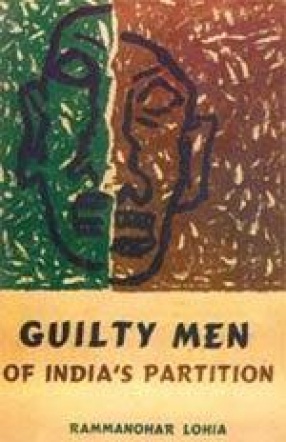
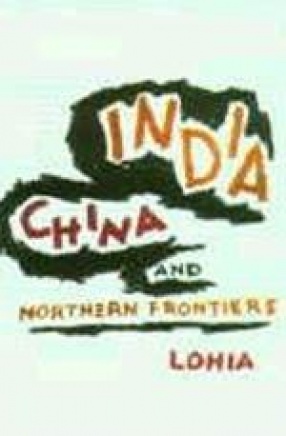
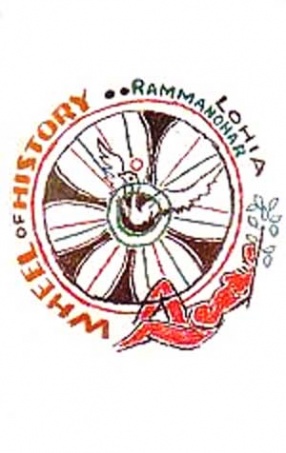
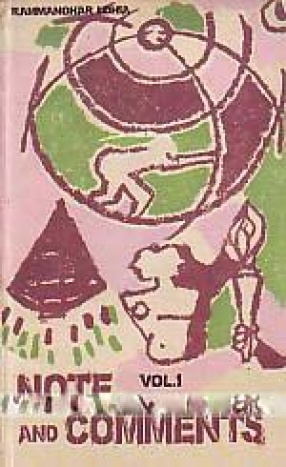
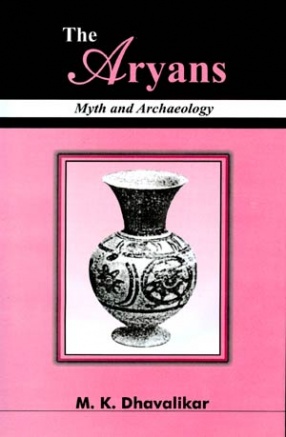

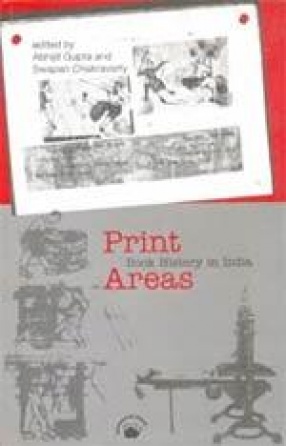
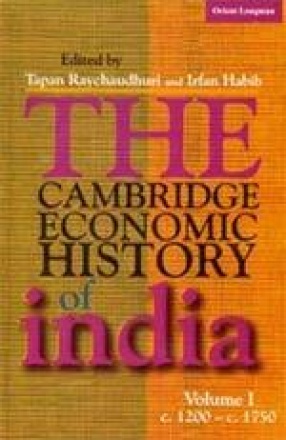

Bibliographic information